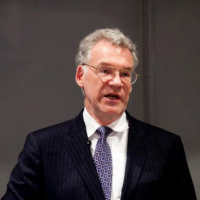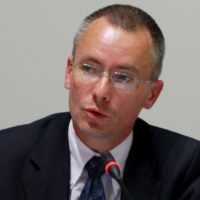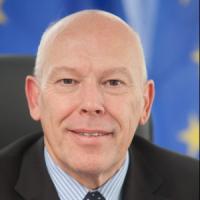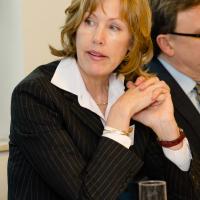Gas suddenly became a lot more abundant than previously imagined, and prices in the US and other markets have plummeted.
Gas: Too much of a good thing?
30 September-1 October 2013, Brussels
Gas suddenly has become a lot more abundant than previously imagined, and prices in the US have plummeted. This can be good news for consumers and industry, as it means cheaper energy. But it has complex knock-on effects for many other aspects of policy – for climate, research, environment, trade and the economy. The European Union’s 2050 Energy Roadmap, for example, assumes that the lion’s share of carbon reduction will come from greatly expanded use of solar, wind and other renewable energies, with gas being more of a ‘transition fuel’. But lower gas prices could change the relative attractiveness all these emergent energy sources, requiring a rethink of policy.
This symposium, 7th in a series exploring important aspects of EU energy R&D policy, examines the potential impact of abundant gas on research programmes, climate change policy, economic forecasts and trade.
Among key themes to be discussed:
- The economic impact of a shale gas boom on the EU and trade with its partners
- How cheap gas might affect the cost curves for development and deployment of alternative energies?
- The impact of shale gas on the EU’s climate change policies
- New technologies – in extraction, generation and distribution – needed to get all this extra gas cleanly and efficiently to consumers
- Lessons learned from the US experience, and how the gas boom could play out differently around Europe
09:30 - Welcome by Gail Edmondson, Editorial Director, Science|Business
09:35 - Introduction by David Eyton, Group Head of Technology, BP
09:45 - Session I : Gas and the European energy roadmap - science and policy challenges
- Vladimir Sucha, Deputy Director-General, Joint Research Centre, European Commission
- Frank Umbach, Associate Director of the European Centre for Energy and Resource Security (EUCERS), King's College London
- Tudor Constantinescu, Principal Adviser to Director-General Philip Lowe, DG Energy, European Commission
- Magdalena Andreea Strachinescu Olteanu, Head of Unit, New energy technologies, innovation and clean coal, DG Energy, European Commission
- Pierre Dechamps, Adviser for Energy and Climate Change, Bureau of Economic Policy Advisers (BEPA), European Commission
10:15 - Open discussion
11:00 - Coffee break
11:15 - Session II: The impact of abundant gas on EU climate policy
Keynote: Jos Delbeke, Director-General, DG Climate Action, European Commission
11:25 - Gas and climate change: A global view
- Robert H. Socolow, Professor, Director of the Climate and Energy Challenge at Princeton Environmental Institute, Princeton University, New Jersey
11:40 - Can new technologies reduce the environmental risks of shale gas?
- Rene Peters, Director of Gas Technology at TNO, and Coordinator, EERA Joint Programme on Shale Gas
- Diarmaid Mulholland, Managing Director of Global Key Accounts, GE Oil & Gas
- Keith Crane, Director of the RAND Environment, Energy and Economic Development Program and Professor, Pardee RAND Graduate School, Washington D.C.
12:00 - Open discussion
12:40 - Recommendations
- Richard L. Hudson, CEO & Editor, Science|Business
12:50 - Conclusions
- David Eyton, Group Head of Technology, BP
13:00 - Lunch















 A unique international forum for public research organisations and companies to connect their external engagement with strategic interests around their R&D system.
A unique international forum for public research organisations and companies to connect their external engagement with strategic interests around their R&D system.